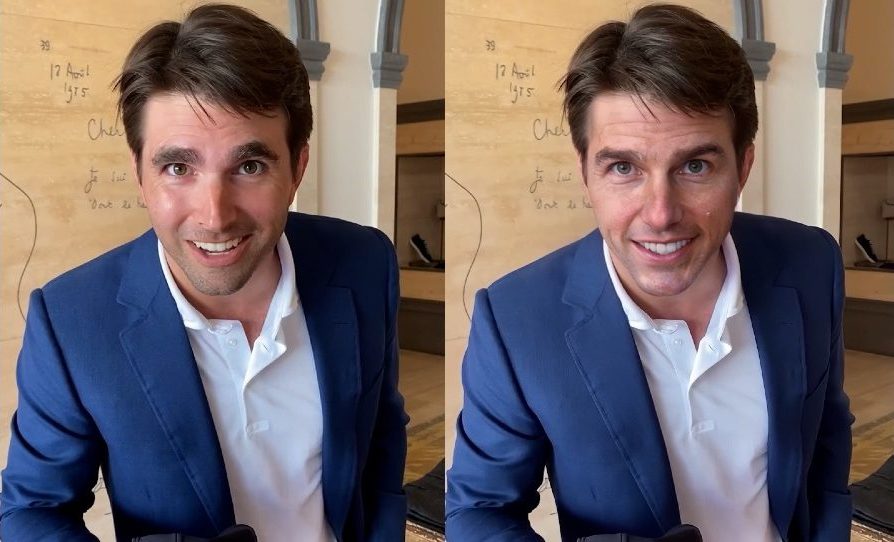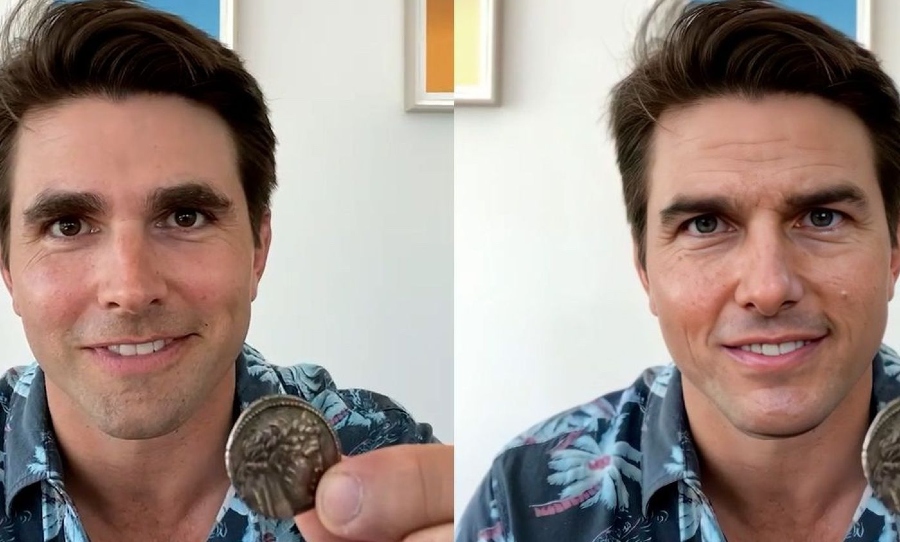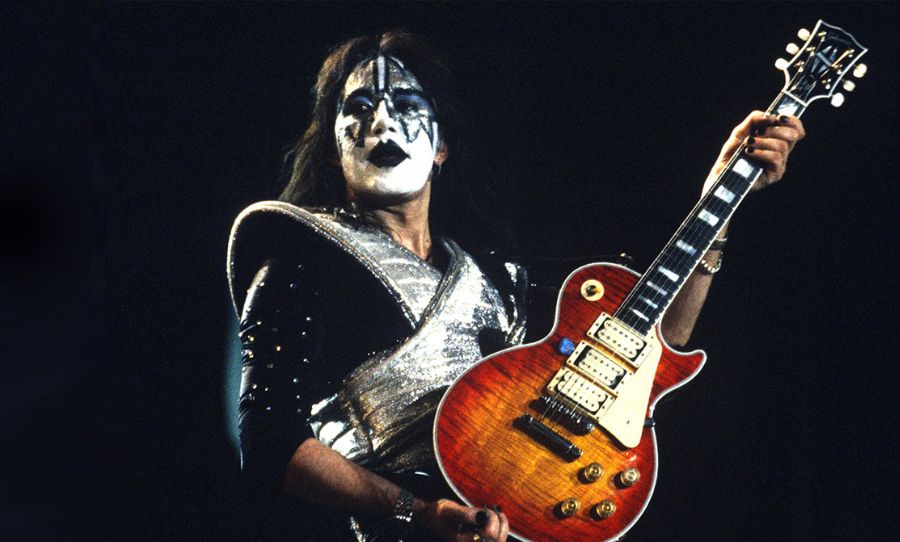The power of deepfake technology has some reeling in fear after a TikTok video featuring deepfake Tom Cruise goes viral.
Deepfake technology emerged only 5 years ago. However, its rapid progression and improvement has sent shockwaves through the online community.
Currently, 93 per cent of deepfakes circulating the internet are pornography-related.

However, as the technology continues to improve rapidly, so too does its prevalence in mainstream media.
A recent video featuring American actor and Tom Cruise look-alike, Miles Fisher, has made quite the impact for uncanny reasons.
The actor is shown playing golf, with Tom Cruise’s computer-generated face superimposed on top of his own.
Special effects artist, Chris Ume, used Miles Fisher’s face as the canvas to build his deepfake Tom Cruise.
“Miles looks a lot like Tom Cruise, he has a lot of similarities…That makes my work easier in a way.”
The quality of the video was so believable that it actually fooled deepfake-detection technology.
Deep fake of Tom Cruise. Pretty convincing! https://t.co/LRLrmC5XpB
— Shelley❄️🇨🇦 (@Dream13Gemini) June 16, 2021
To create his masterpiece, Ume used over 6,000 images of Tom Cruise to train the algorithm. Coupled with two months, hours of correcting any glitches and voila! The world was terrified.
Of course, Fisher being a professional actor and top-notch Tom Cruise impersonator, aids the believability of the video. Nevertheless, it still manifests some creepy and cool thoughts about the potential of this technology.
Described as “unlocking the future of our imagination,” Miles Fisher posits the exciting opportunities that this kind of technology can offer, with the film and entertainment industry tapping in.
However, not everyone is so thrilled with the recent developments, introduced by Ume.
Some have described it as a potential threat to “national security, liberal democracy and…truth” and a “challenge to the information environment.”
With proof that some deepfake’s have been able to fool detection, who knows where the future of this technology lies and how it will affect public trust in the media.
To add to this paranoia, deepfakes are doubling every six months, with experts predicting that 90 per cent of online video will be deepfakes by 2030.
Despite the terrifying potential that this technology harbours, there is a humorous side to it.
I mean, who would’ve thought Snoop Dogg could feature in Michael Jackson’s Thriller, or its Indian counterpart?
View this post on Instagram
We will leave you with this badly produced deepfake of Snoop Dogg and Mike Tyson, as Gayle King and Oprah, to end the potential of this technology, on a lighter note:



